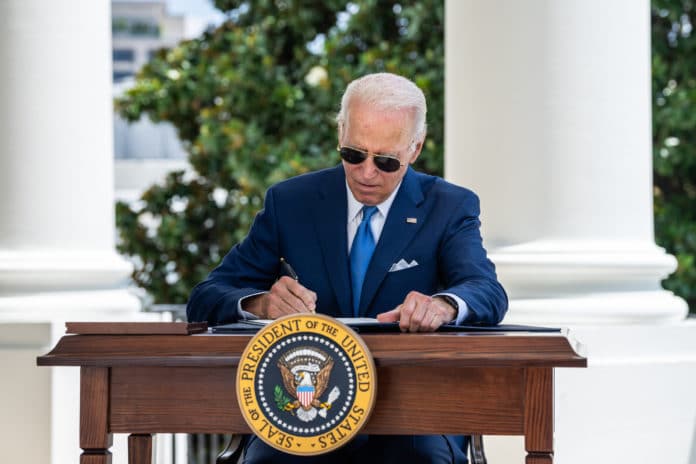(LifeSiteNews) — In another step toward the creation of a new global order, world leaders at this year’s G20 Summit threw their support behind the adoption of an internationally recognized digital vaccine passport system to “facilitate seamless” movement during “future pandemics.”
“We acknowledge the importance of shared technical standards and verification methods, under the framework of the IHR (International Health Regulations, 2005), to facilitate seamless international travel, interoperability, and recognizing digital solutions and non-digital solutions, including proof of vaccinations,” reads the G20 Bali Leaders’ Declaration released last week.
“We support continued international dialogue and collaboration on the establishment of trusted global digital health networks as part of the efforts to strengthen prevention and response to future pandemics, that should capitalize and build on the success of the existing standards and digital COVID-19 certificates,” the declaration adds.
In the next section of the declaration, the G20 leaders — who include Canada’s Justin Trudeau, America’s Joe Biden, China’s Xi Jinping, the United Kingdom’s Rishi Sunak and over a dozen others — explain how “the COVID-19 pandemic has accelerated the transformation of the digital ecosystem and digital economy,” and that they “recognize the importance of digital transformation in reaching the SDGs (United Nations’ Sustainable Development Goals).”
The G20’s so-called declaration seems to mirror the recommendations made during the B20 — the more private sector-oriented counterpart to the G20 — earlier this week.
In a now-viral video from the B20 Summit, Indonesian Health Minister Budi Sadikin outlined how this proposed international apparatus will function.
'If you have been vaccinated or tested properly, you can move around..
'We will sub [this digital certificate using WHO standard] into the next World Health Assembly.. as the revision to intl health regulation': Indonesia MoH Budi Sadikin, ex-banker #B20Summit #B20 #DigitalID pic.twitter.com/mt2XugRhiC— Tim Hinchliffe (@TimHinchliffe) November 14, 2022
Whether it be the G20, the B20, the UN’s SDGs or the World Economic Forum’s “Great Reset” agenda, there seems to be a concerted effort by global elites to usher in a new world order, primarily by using advances in technology to create an international, universal form of centralized governance.
In fact, many of these leaders, such as Trudeau, have links to all the aforementioned groups and initiatives, and many of the groups and initiatives deploy the same wording and policy prescriptions as one another.
For example, while the recent G20 declaration states that “the COVID-19 pandemic has accelerated the transformation of the digital ecosystem and digital economy,” the WEF’s “Great Reset” likewise says “the Covid-19 crisis, and the political, economic and social disruptions it has caused, is fundamentally changing the traditional context for decision-making.”
Even Trudeau has used similar language, saying, “This pandemic has provided an opportunity for a reset. This is our chance to accelerate our pre-pandemic efforts to reimagine economic systems that actually address global challenges like extreme poverty, inequality and climate change.”
In terms of policy ideas, nearly all the groups and initiatives focus on digitization efforts — including but not limited to central bank digital currencies, digital identification and digital health information — so-called climate change goals, which often includes the administration of abortion and contraceptives as a means of population control, as well as a restructuring of the capitalist system.
Under the guise of “equality,” many of the initiatives and groups also seek to undermine the traditional Christian family structure, with the WEF’s “Great Reset” in particular listing “LGBTI Inclusion” as a key theme.
In talking about these global efforts, particularly in the financial industry, one former banking analyst told LifeSiteNews that, in essence, their end goal is a top-down, hyper-centralized method of operation that functions exactly “opposite of the Catholic principle of subsidiarity,” which teaches that “a community of a higher order should not interfere in the internal life and community of a lower order.”


















